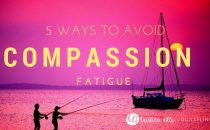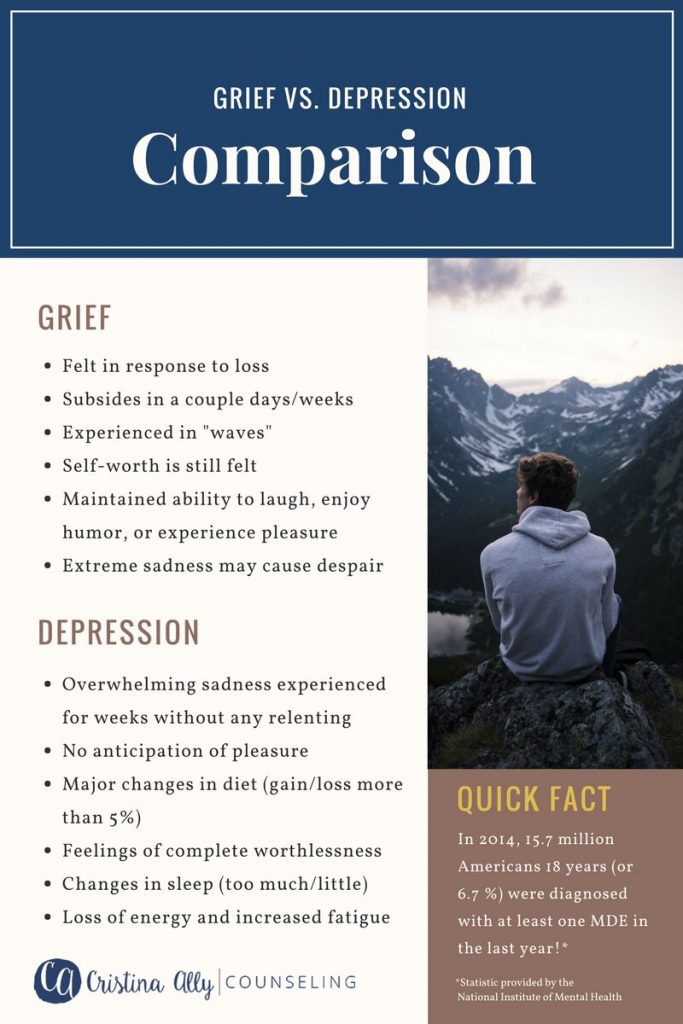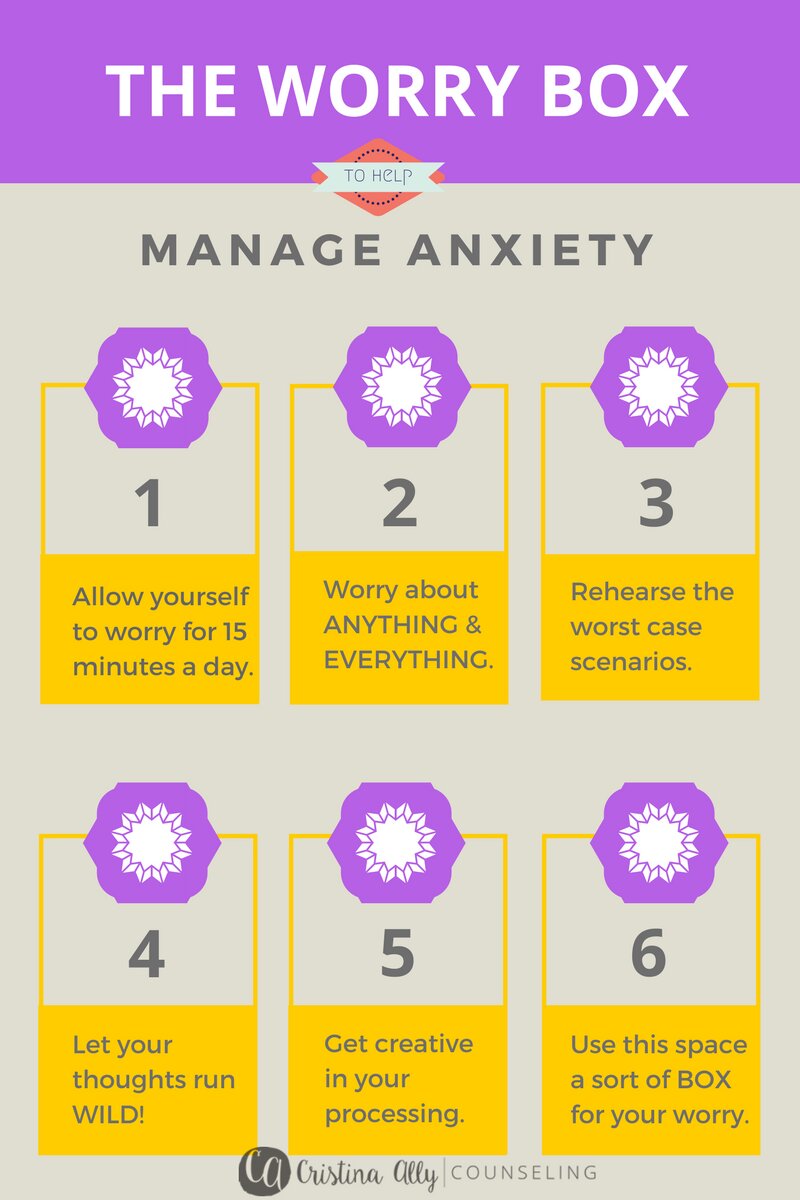THE BENEFITS OF SUNLIGHT FOR YOUR MOOD
The Benefits of Sunlight for Your Mood COVID-19 is keeping a lot of people in their homes, out of their regular routines and certainly out of the daylight. But how can this impact your mood? And most importantly, what can you do about it? The Importance of Sunlight There just may be something to the […]


 About the Author
About the Author

































 2. Written Application
2. Written Application 3. Background Check
3. Background Check 4. Reference Check
4. Reference Check 5. Personal Interview
5. Personal Interview About the Author
About the Author